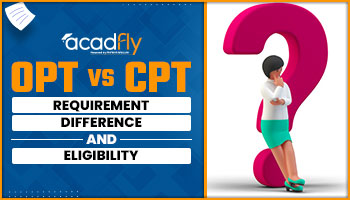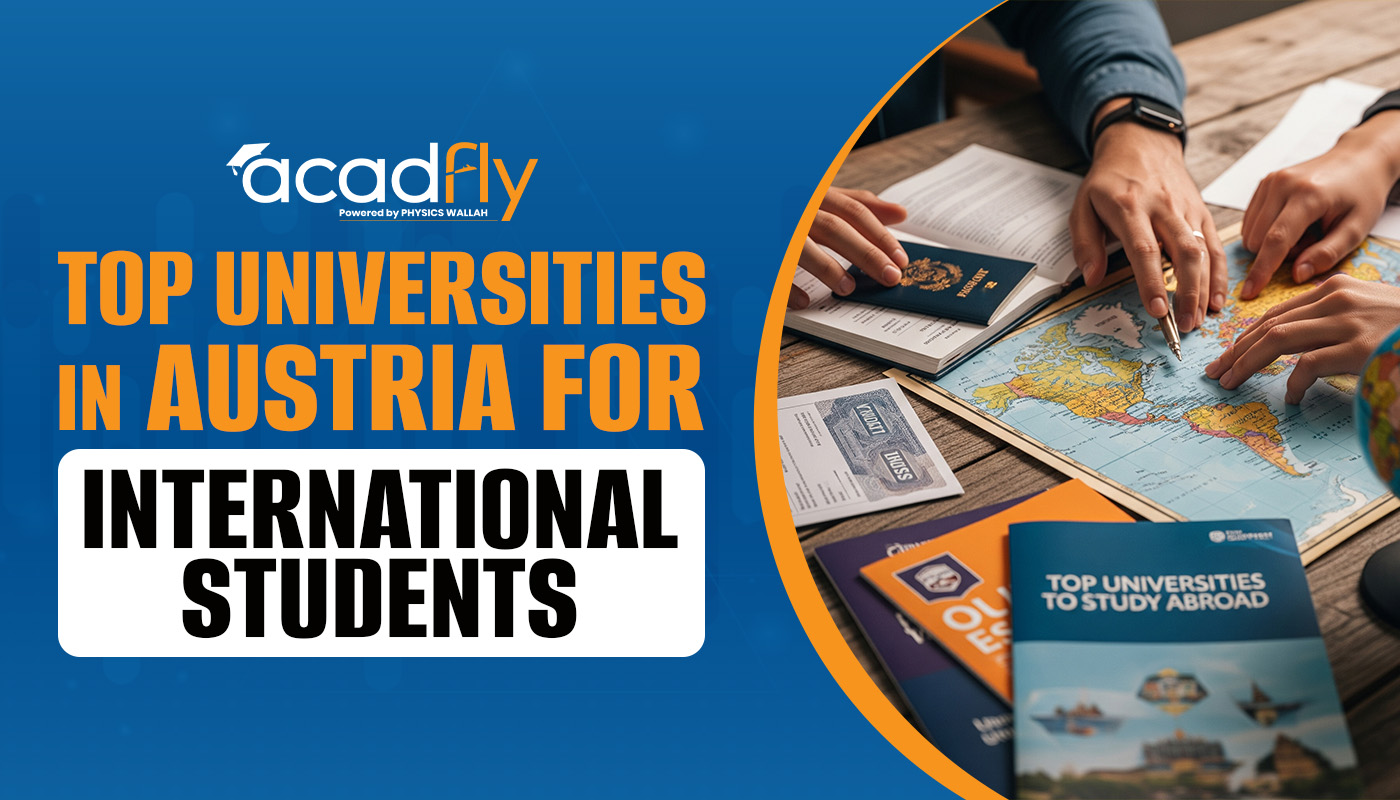

Exploring the Role of Work Experience in Graduate Studies Canada, Does Experience Matter?
Embarking on a Master of Science (MS) program in Canada is a significant step towards advancing one's academic and professional goals. For many prospective students, the question arises: does work experience matter for MS admissions in Canada? In this article, we'll delve into the importance of work experience for MS programs in Canada, explore how it factors into admissions decisions, and discuss the potential benefits of having prior work experience for graduate studies.
The Role of Work Experience in MS Admissions
-
Varies by Program and Discipline: The significance of work experience for MS admissions in Canada can vary depending on the program and discipline. While some programs may prioritize candidates with relevant work experience, others may focus more on academic achievements, research experience, or extracurricular involvement.
-
Professional Programs vs. Research-Oriented Programs: Professional programs, such as Master of Engineering (MEng) or Master of Business Administration (MBA), often value candidates with significant work experience relevant to the field. On the other hand, research-oriented programs, such as Master of Science (MS) or Master of Arts (MA), may place greater emphasis on academic qualifications and research potential.
-
Demonstrating Transferable Skills: Work experience can demonstrate valuable transferable skills such as leadership, problem-solving, teamwork, and communication, which are highly valued in graduate studies and professional careers. Candidates with relevant work experience may be better equipped to excel in coursework, research projects, and collaborative endeavors during their MS program.
Benefits of Work Experience for MS Candidates
-
Practical Knowledge and Insights: Candidates with work experience bring practical knowledge and insights gained from real-world challenges, projects, and interactions in their respective fields. This practical experience enriches classroom discussions, enhances learning outcomes, and brings a unique perspective to academic and research endeavors.
-
Professional Network and Industry Connections: Work experience often provides opportunities to build a professional network and establish connections within the industry. MS candidates with prior work experience may leverage these connections for research collaborations, internships, job placements, and post-graduation opportunities, enhancing their career prospects and professional growth.
-
Enhanced Problem-Solving and Critical-Thinking Skills: Work experience fosters the development of problem-solving, critical-thinking, and analytical skills that are essential for success in graduate studies. Candidates with work experience may approach academic challenges with a practical mindset, drawing on their professional experiences to generate innovative solutions and insights.
-
Clear Career Goals and Motivation: Work experience can help candidates clarify their career goals, develop a clear understanding of their academic interests, and articulate their motivations for pursuing graduate studies. Admissions committees may view candidates with relevant work experience as more focused, driven, and committed to their academic and professional aspirations.
Conclusion
In conclusion, while work experience can be beneficial for MS candidates in Canada, it is not always a prerequisite for admission. Admissions decisions are often based on a holistic review of candidates' academic qualifications, research potential, personal statement, letters of recommendation, and other relevant factors.
Candidates should carefully assess their own strengths, experiences, and career goals when considering whether to pursue graduate studies in Canada. Whether you have extensive work experience or are transitioning directly from undergraduate studies, it is essential to demonstrate your passion for the field, readiness for academic rigor, and potential for contribution to the academic community and beyond.
Ultimately, the decision to pursue an MS program in Canada should be based on a thoughtful consideration of your academic interests, career objectives, and personal aspirations. With dedication, perseverance, and a commitment to excellence, you can embark on a rewarding academic journey that opens doors to new opportunities, challenges, and discoveries in your chosen field of study.
Frequently Asked Questions









